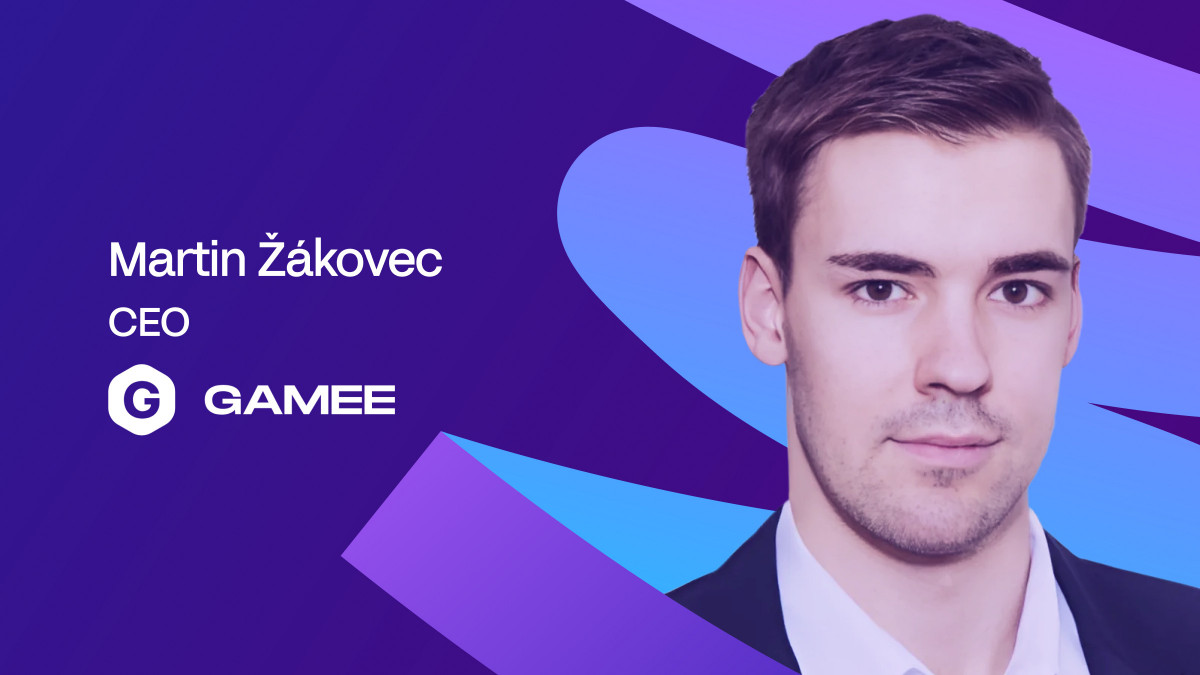Before we will start to analyze the competition in and around the metaverse, we have to understand what the „metaverse“ is.
The metaverse today and in the future
So, what is the “metaverse” exactly? The metaverse is a digital and virtual reality. It is not a specific place or a website, but a concept of a “4D-Internet”. Within the metaverse, we will experience the internet with almost all senses. The hardware devices to travel to the metaverse are virtual reality (VR) headsets. Via the VR headset, users are able to meet friends, do sports, play games or have business meetings as avatars (virtual persons). The metaverse is the connection of the internet as we know it today and the emerging VR technology.
At this date, the metaverse is far away from being (virtual) reality for everyone. However, we can give you at least a snapshot of what the VR-internet looks like right now. Our colleagues from Taylor Wessing have already illustrated the metaverse comprehensively on our website here, here and here.
The biggest player in the metaverse at the moment is obviously Meta Platforms. Meta provides the software (for example the Quest Store) as well as the hardware (via its subsidiary Oculus). Additionally, some companies (for example Unilever or Deutsche Telekom) are investing a lot of money already today.
In 2022, the metaverse is just taking shape. Prof Dr Friedrich Wenzel Bulst from the European Commission characterizes the metaverse as “a buzzword, a vision of the future, a new version of the internet, and perhaps most of all a concept around which there are still a number of question marks.” From our point of view, this is a good description, as it is not clear where the metaverse is heading in the future (as already mentioned in the first article).
It is also not clear whether Meta will keep its first mover advantage. The tech companies Microsoft and Apple (as well as others) are developing hardware and software for the metaverse on their own and will be strong competitors of Meta. Whenever we use the term “metaverse” in this blog, we do not refer to Mark Zuckerberg’s Metaverse only, but to all existing and competing metaverses (e.g. Decentralland) and the idea of the metaverse in general.
The next step
From now on we will start to look into competition law and regulation in the metaverse. As mentioned above, the hardware is crucial to travel to the metaverse. Because of this, in our next article we will have a look at Metas subsidiary Oculus and why the Germany Competition Authority was the reason why we could not buy Oculus VR headsets in Germany.
Read More: news.google.com









 Bitcoin
Bitcoin  Ethereum
Ethereum  Tether
Tether  XRP
XRP  Solana
Solana  USDC
USDC  Dogecoin
Dogecoin  Cardano
Cardano  TRON
TRON  Lido Staked Ether
Lido Staked Ether  Wrapped Bitcoin
Wrapped Bitcoin  Sui
Sui  Chainlink
Chainlink  Avalanche
Avalanche  Wrapped stETH
Wrapped stETH  Stellar
Stellar  Shiba Inu
Shiba Inu  Hedera
Hedera  Hyperliquid
Hyperliquid  Toncoin
Toncoin  Bitcoin Cash
Bitcoin Cash  LEO Token
LEO Token  USDS
USDS  Litecoin
Litecoin  Polkadot
Polkadot  WETH
WETH  Monero
Monero  Bitget Token
Bitget Token  Wrapped eETH
Wrapped eETH  Pepe
Pepe  Pi Network
Pi Network  Binance Bridged USDT (BNB Smart Chain)
Binance Bridged USDT (BNB Smart Chain)  Coinbase Wrapped BTC
Coinbase Wrapped BTC  Ethena USDe
Ethena USDe  WhiteBIT Coin
WhiteBIT Coin  Uniswap
Uniswap  Bittensor
Bittensor  NEAR Protocol
NEAR Protocol  Aptos
Aptos  Dai
Dai  OKB
OKB  Aave
Aave  Ondo
Ondo  sUSDS
sUSDS  Ethereum Classic
Ethereum Classic  Internet Computer
Internet Computer  Cronos
Cronos  BlackRock USD Institutional Digital Liquidity Fund
BlackRock USD Institutional Digital Liquidity Fund  Official Trump
Official Trump